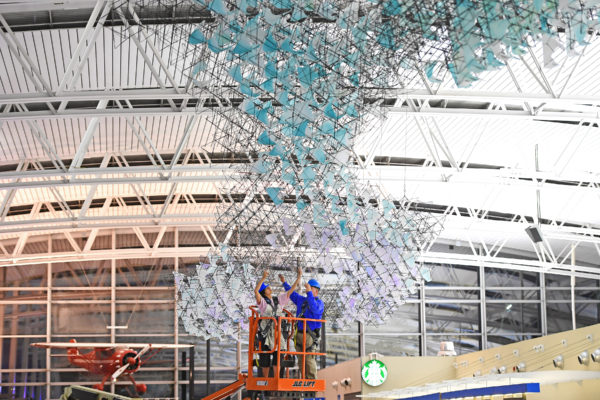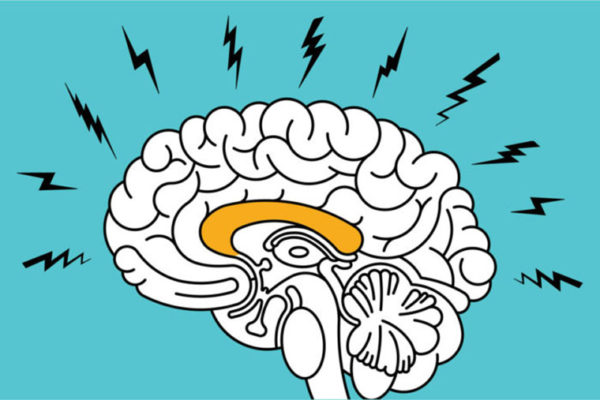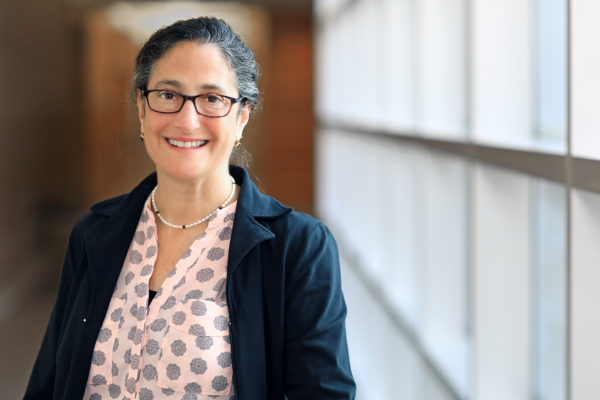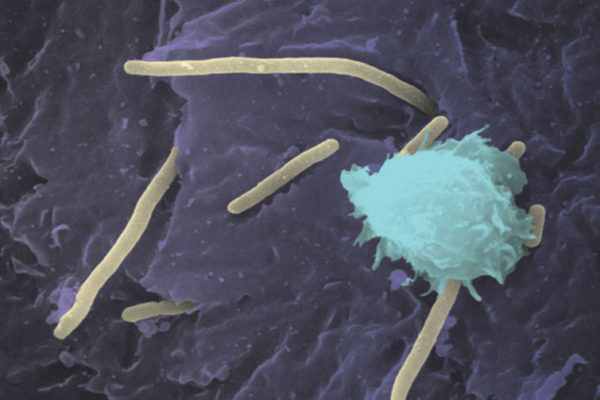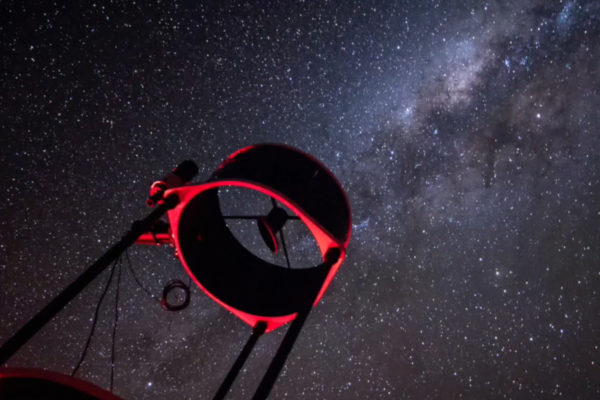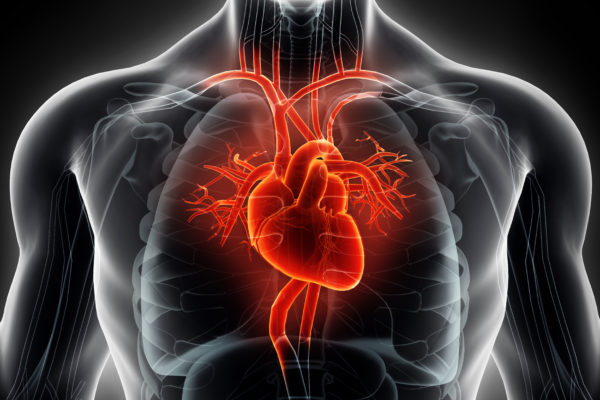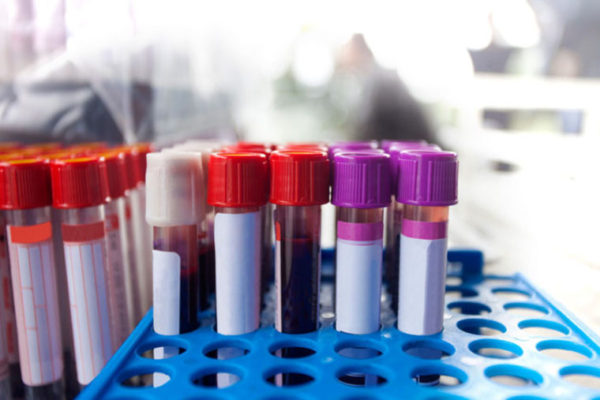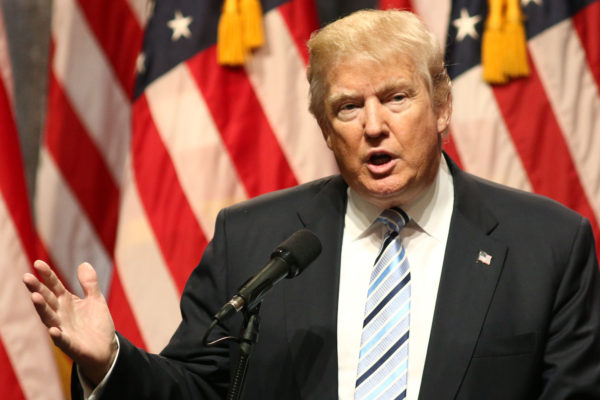Do babies know what we like?
Behind the chubby cheeks and bright eyes of babies as young as 8 months lies the smoothly whirring mind of a social statistician, logging our every move and making odds on what a person is most likely to do next, suggests new research co-led by Washington University in St. Louis.
‘An element of surprise’
Over the last several months, architecture students from the Sam Fox School of Design & Visual Arts have planned, fabricated and installed a 100-foot-long public sculpture at St. Louis Lambert International Airport.
Anxious? Cellular roots of anxiety identified
New research from the School of Medicine sheds light on what might be happening in an anxious brain.
Toddlers begin learning rules of reading, writing at very early age
Children as young as 3 already are beginning to recognize and follow important rules and patterns governing how letters in the English language fit together to make words, suggests new research from Washington University in St. Louis.
Klein named vice provost and associate dean for graduate education
Robyn S. Klein, MD, PhD, a physician-scientist recognized internationally for her work on the brain’s immune system, has been named vice provost and associate dean for graduate education for the Division of Biology & Biomedical Sciences. She will begin her new post Jan. 1.
Aggressive UTI bacteria hijack copper, feed off it
Researchers at the School of Medicine have shown that E. coli bacteria — those at the root of hard-to-treat urinary tract infections (UTIs) — hijack trace amounts of copper in the body and use it as a nutrient to fuel growth. The finding may open the door to treating UTIs using drugs that work differently from traditional antibiotics.
The other total eclipse
New Horizons team members just pulled off “eclipse” observations of a body at the far outer reaches of the solar system, showing August eclipse tourists how it’s done.
A sodium surprise
Irregular heartbeat — or arrhythmia — can have sudden and often fatal consequences. A biomedical engineering team at Washington University in St. Louis examining molecular behavior in cardiac tissue recently made a surprising discovery that could someday impact treatment of the life-threatening condition.
Blood test IDs key Alzheimer’s marker
A study led by researchers at the School of Medicine suggests that measures of amyloid beta in the blood have the potential to help identify people with altered levels of amyloid in their brains or cerebrospinal fluid. The test could identify people who have started down the path toward Alzheimer’s years before symptoms occur.
Trump budget increases regulatory costs by $3.5 billion in 2018
While President Donald Trump has pledged an all-out effort to do away with wasteful regulations, his proposed 2018 budget would increase federal spending on regulatory agencies by 3.4 percent, according to a new report issued today by the Weidenbaum Center at Washington University in St. Louis and the Regulatory Studies Center at George Washington University.
View More Stories

